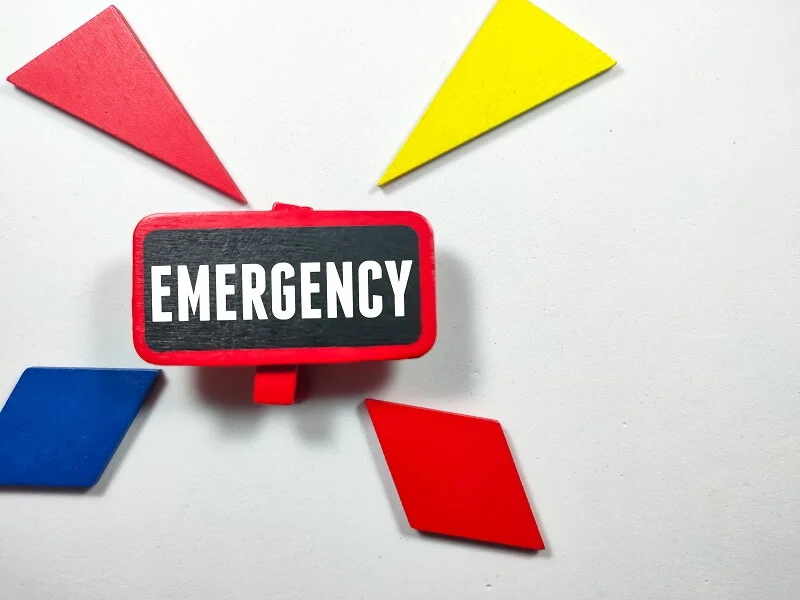Facing sudden monetary issues can be incredibly stressful, especially when you’re trying to avoid financial pitfalls. Understanding how to handle financial emergencies without going into debt is crucial. Learning to manage unexpected expenses with careful planning and strategic thinking can help you maintain financial stability even during difficult times.
Finding ways to navigate urgent money demands while maintaining a good balance involves using effective strategies and financial discipline. This guide will provide tips on how to address immediate monetary challenges without compromising your financial well-being.
Establishing an emergency fund

Creating a safety net in the form of an emergency fund is essential for financial security. By setting aside a specific amount dedicated to unforeseen expenses, you can avoid the need to rely on loans or credit. An emergency fund acts as a buffer, allowing you to cover unexpected costs without disrupting your regular budget.
To build your reserve, start by saving a small portion of your income consistently. Even a modest contribution can accumulate over time and offer significant relief during turbulent times. Aim to save enough to cover at least three to six months’ worth of essential expenses. This proactive step can substantially reduce stress when emergencies happen.
Painless ways to save for emergencies
Growing an emergency fund doesn’t have to be daunting. Begin by re-evaluating your monthly expenses and identifying areas where you can cut back. Small changes, such as cutting down on unnecessary subscriptions or dining out less, can contribute to your savings goal. Automating savings transfers can also ensure consistent growth of your fund.
Explore options such as putting spare change into a savings account using digital savings tools or mobile banking apps. By making savings a regular part of your financial routine, you’ll gradually build a fund that can be a lifeline in times of need.
Managing credit responsibly
Learning to utilize credit wisely is another critical step in managing unexpected expenses. While it may be tempting to resort to credit cards or loans during urgent situations, over-reliance can lead to long-term debt. Understanding how to manage credit responsibly ensures that you have access to financial resources when necessary, without falling into a debt trap.
It’s important to know your credit limits and keep track of your payments to avoid high-interest charges. Maintaining a low balance compared to your credit limit fosters a healthy credit score and financial flexibility. Use credit as a tool, not a crutch, to navigate sudden financial demands.
Practical credit strategies during emergencies
If you must use credit, consider strategies that minimize interest and fees. Opt for credit options with low rates or those offering emergency relief programs that may provide deferred payments or waived fees. Pay off the balance as quickly as possible to prevent unnecessary debt accumulation.
Additionally, exploring community resources or financial assistance programs can offer temporary relief without incurring debt. Keeping a well-maintained credit profile can also potentially grant you access to more favorable terms when you need them the most.
Conclusion: sustaining financial health
Effectively navigating financial challenges without going into the red requires a mix of preparedness, strategic action, and discipline. By establishing a solid emergency fund and managing credit responsibly, you can maintain financial health in the face of adversity.
Developing these habits not only prepares you for unexpected expenses but also builds a foundation for long-term financial stability. Stay proactive, continually assess your financial situation, and adapt as needed. With the right approach, you can overcome financial emergencies with confidence and minimal disruption.




